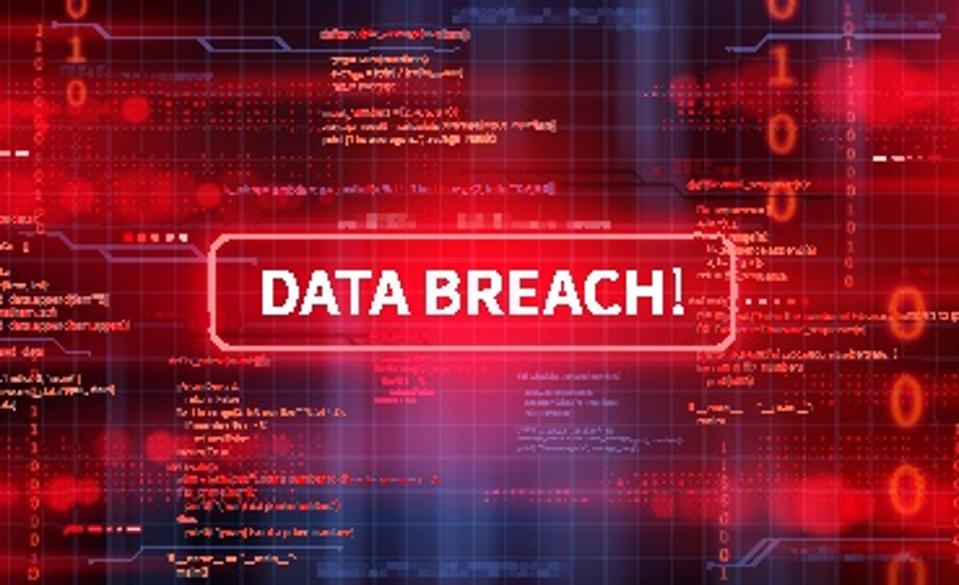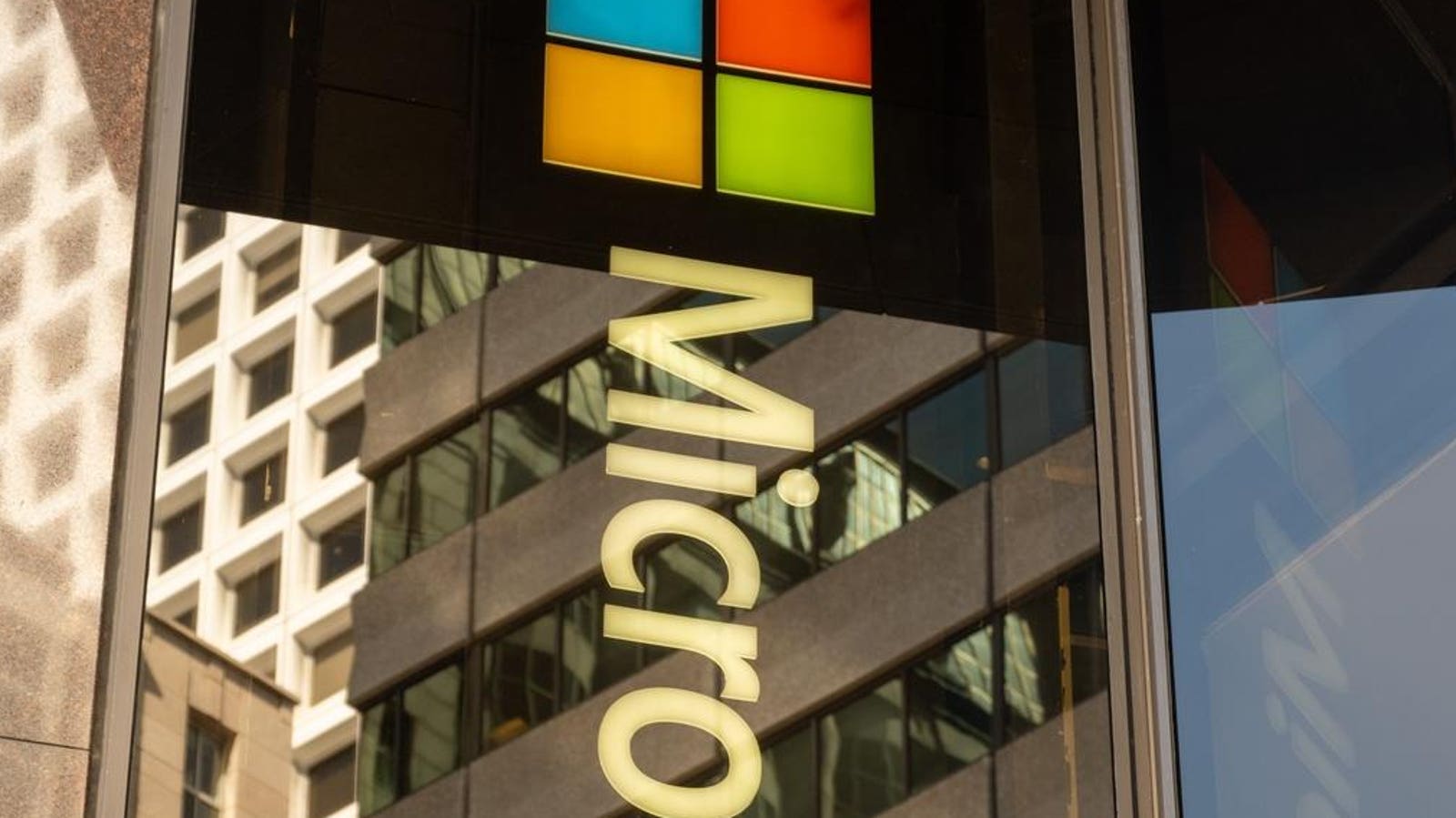Another massive data leak
getty
This is not good — that’s the implication as more than 250 million personal identities leak online. The data includes names, addresses, dates of birth, emails, phone numbers and even national identity numbers, plenty for attackers to pore over.
The warning comes from Cyber News, as “citizens from at least seven countries” are put at risk, including Canada, Mexico, South Africa, Turkey, Egypt, Saudi Arabia and UAE.
The team says “the databases appeared to share the same structure and naming conventions, which might indicate the same source. However, it was not possible to definitively say who was running the servers.”
Microsoft Warns Stop Using Google Chrome—Windows Users Change Browser
The “government-level identity profiles” were leaked via “three misconfigured servers” that were “hosted on IP addresses registered in Brazil and the UAE.” Cyber News says it contacted the hosting entity, and “the data is no longer publicly accessible.”
Microsoft Issues Free Update Offer To Windows Users—How To Get It
There’s no corroboration of the leak and citizens cannot check if they’re affected. But given the scale, users from affected countries should be wary of emails and phone calls over the coming weeks, and should check for any new accounts set up in their names.
Google Confirms Gmail Data Breach Warning Is Fake News
Between the scale of identity leaks and password leaks, it’s increasingly difficult to keep all your personal information safe. Too much of it is in the hands of others, and you’re reliant on that fragmented ecosystem to be secure at all times. It takes just moments for a leak to hit, and once your data has gone it’s gone.
With that said, it’s increasingly important to maintain personal security, especially when it comes to sensitive account access. That’s why we strongly recommend passkeys that can’t leak online. It’s also worth regular checks with credit reference agencies to ensure that accounts and new applications in your name are all legitimate.









